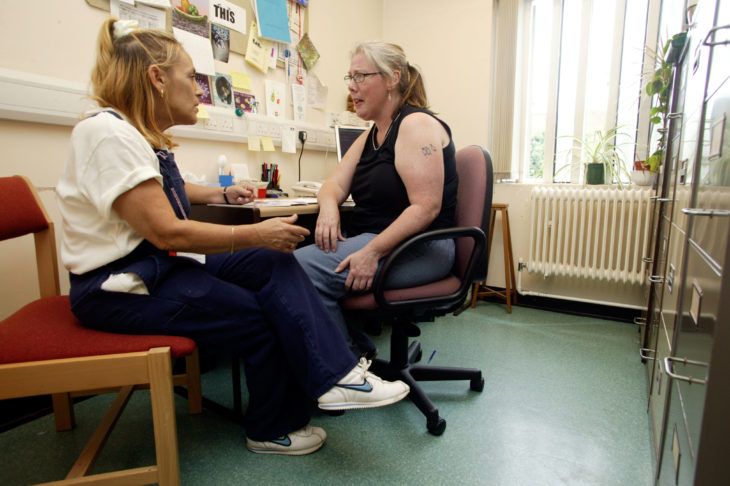Women offenders with substance dependence: Forward programme reduces re-offending by over a third

Forward is committed to assessing the effectiveness of our services through research and evaluation and is working closely with the Justice Data Lab (JDL), a unique service from the Ministry of Justice that helps organisations to assess the impact of their work on reducing re-offending.
Our most recent submission to the JDL relates to our work with female offenders with a history of substance dependence. We are delighted to report that those who completed our Women’s Substance Dependence Treatment Programme (WSDTP) reported a 1-year re-offending rate of just 18% compared with a control group of 29%. This means that women who completed the programme were 38% less likely to re-offend than individuals with a similar offending profile who did not engage with our programme. There was also a significant reduction in the volume of offences committed by programme completers. We feel these findings hold particular significance given the multiple and complex vulnerabilities experienced by women involved in the criminal justice system, the cycle of reoffending and associated trauma. The full JDL study can be found here.
This positive impact on re-offending is consistent with previous research into ‘RAPt’ structured, abstinence-based treatment programmes for male offenders: 31% two year reoffending rate for completers of our Substance Dependence Treatment Programme (Kopac et al. 2014[1]); and 37% one year reoffending rate for completers of our Alcohol Dependence Treatment Programme (JDL, 2018). (It should be noted there are methodological limitations in estimating the likely reoffending rate for drug or alcohol dependent offenders who do not access these programmes – the JDL comparison groups (with re-offending rates of between 35 and 40%) are based on a criteria of frequent drug/alcohol use, rather than dependence, leading to significant underestimates. Other estimates of the reoffending rates of drug/alcohol dependent offenders range between 58% (participants of all accredited drug/alcohol programmes in prison, according to a MoJ Analytical Series study in 2013[2]) and 76% for ex-prisoners who reported using Class A drugs post-release in the same study).